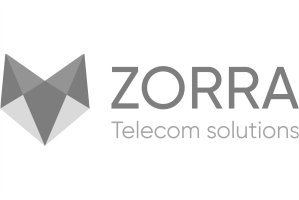| Name of service | Bronze | Silver | Gold |
|---|---|---|---|
 Check and reserve of the company name Obtaining approval from the registrar for the company name
Check and reserve of the company name Obtaining approval from the registrar for the company name
|

|

|

|
 Company registration, including state fees Preparation of a full package of documents, depending on the chosen form of ownership, cooperation with the relevant authorities prior to obtaining information on company registration
Company registration, including state fees Preparation of a full package of documents, depending on the chosen form of ownership, cooperation with the relevant authorities prior to obtaining information on company registration
|

|

|

|
 Set of constituent documents Preparation of a complete package of constituent documents of a company of any form of ownership
Set of constituent documents Preparation of a complete package of constituent documents of a company of any form of ownership
|

|

|

|
 Legal address for 1 year Provision of legal address for your company in a given jurisdiction, eliminating the need to purchase or rent real estate
Legal address for 1 year Provision of legal address for your company in a given jurisdiction, eliminating the need to purchase or rent real estate
|

|

|

|
 Assistance in opening an account Collection, preparation and submission of the necessary documents for opening a corporate account
Assistance in opening an account Collection, preparation and submission of the necessary documents for opening a corporate account
|

|

|

|
|
Total cost
|
4800 EUR | 8000 EUR | 12900 EUR |
|
Accounting services
|
160 EUR | 160 EUR | 160 EUR |
|
Annual renewal (paid from the second year)
|
1700 EUR | 4900 EUR | 8400 EUR |





















